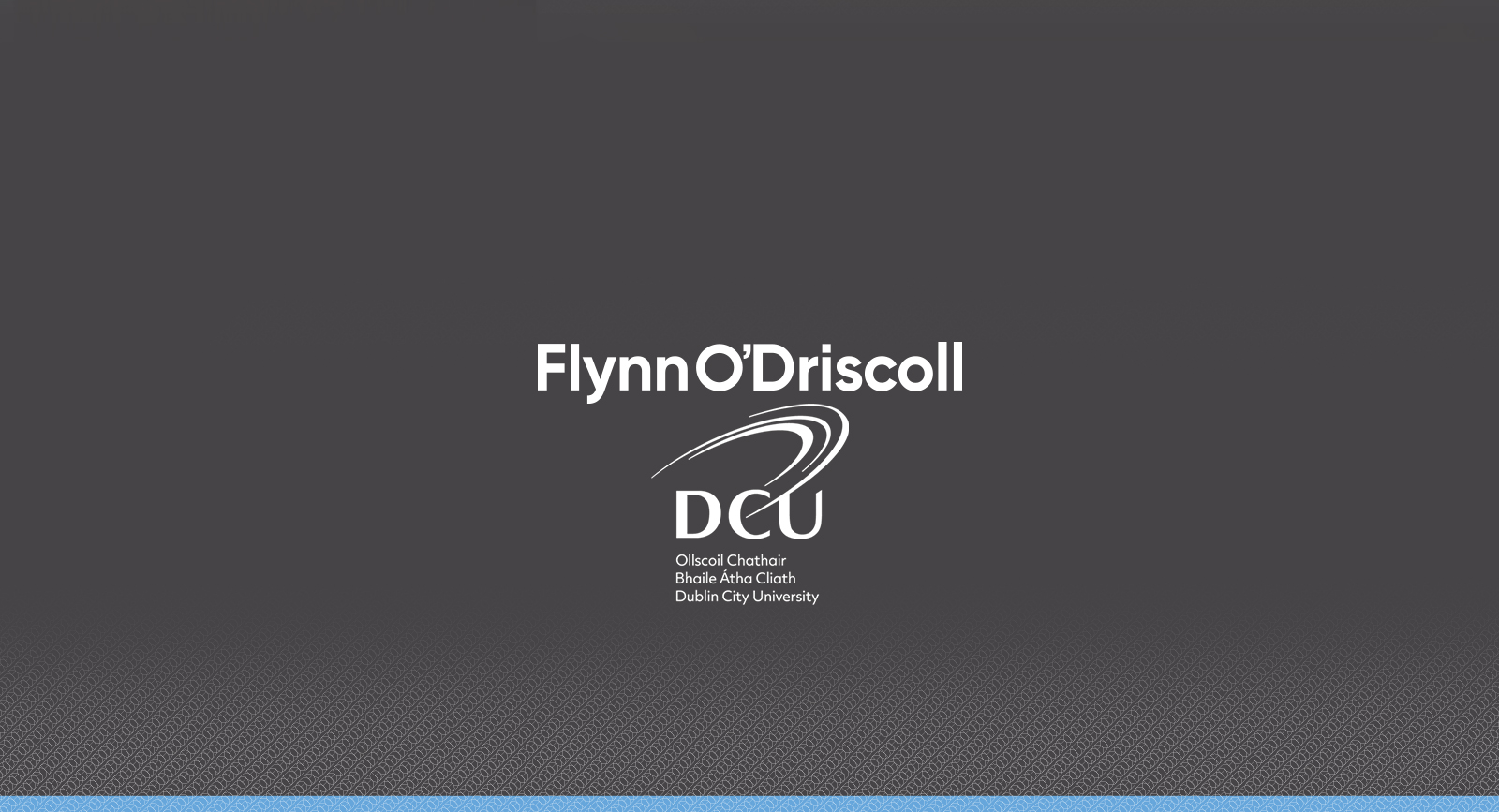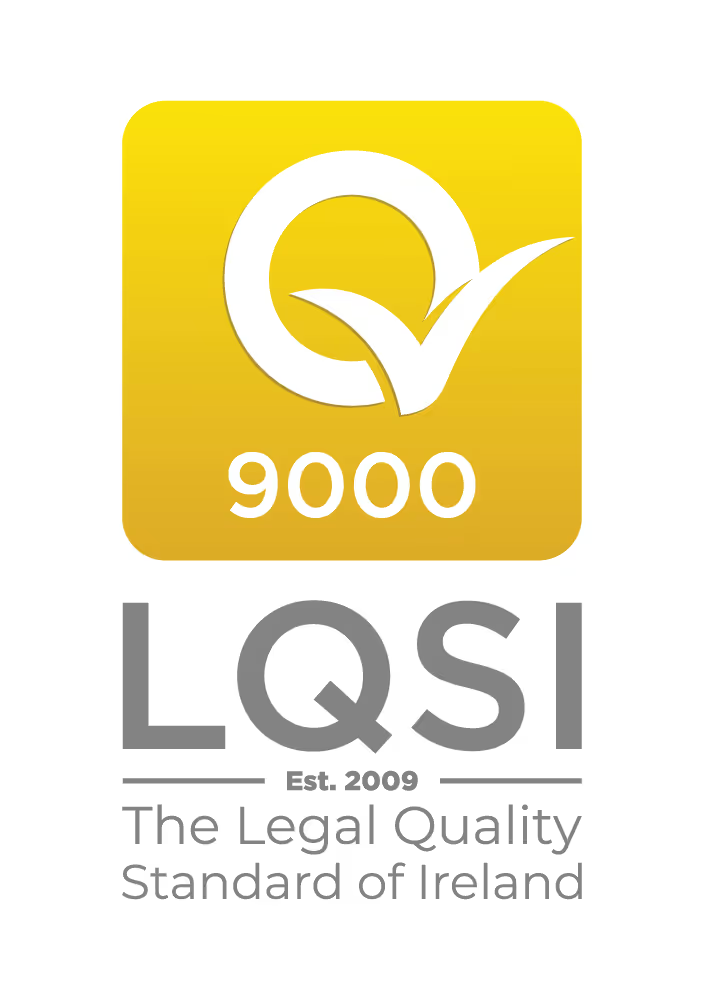A recent judgment by the UK High Court, LRH Services Limited (In liquidation) –v- Trew [2018] EWHC 600 (Ch), highlights the potential risks for directors in making a statement of solvency about a company without having made a full inquiry into its affairs.
The Case
LRH Services Limited (In liquidation) (“LRH”), acting by its liquidators, sued three of its former directors. The director had formulated and implemented a group reorganisation whereby LRH’s share capital had been reduced and a dividend of £21 million paid to LRH’s sole shareholder.
UK company law required that, prior to the capital reduction, the directors should make a statement of solvency that each director had formed the opinion that:(a)there was no ground on which LRH could be found to be unable to pay its debts; and (b) if it was intended to commence its winding up within 12 months, that LRH would be able to pay its debts in full within 12 months of the winding up or, in any other case, be able to pay its debts as they fall due during the following year.
In forming these opinions, the directors had to take into account all of the company’s liabilities, including any contingent or prospective liabilities.
The UK High Court held that:
- the reorganisation had been implemented in a way that made LRH’s insolvency unavoidable so that the directors had breached their duty to act in the best interests of LRH, which by that stage, because LRH’s financial predicament, had become a duty to act in the best interests of the creditors of LRH;
- the statement of solvency had been made invalidly because one director of LRH, Mr Trew, had not properly formed the required opinion of solvency. He had not made any enquiries about, or considered, LRH’s actual liabilities or how they were being met at the time of the reorganisation;
- the capital reduction that had been made on the basis of the statement of solvency was unlawful and each director was responsible to LRH for the dividend paid out as a consequence; and
- Mr Trew assumed that the parent company would meet LRH’s liabilities, despite there being no binding agreement to this effect and that such informal assistance could not be considered an asset that was properly available to LRH to support a solvency opinion.
Companies Act 2014 (the “Act”)
Certain Irish companies use the Summary Approval Procedure under the Act to authorise activities which would otherwise be prohibited or in some cases could otherwise only be engaged in with court consent. These restricted activities include a reduction of capital, variation of company capital on a reorganisation or approval of certain transactions involving directors and, as part of the approval process, use a declaration of solvency in writing made by the directors, or by a majority of directors where there are more than two.
The content of the declaration of solvency varies depending on the particular restricted activity although in every case it includes confirmation by the directors that a full inquiry has been made into the affairs of the company and that having done so, they have formed the opinion that the company is able to discharge its debts and liabilities in full as they fall due for a period of 12 months after the restricted activity is carried out.
Personal Liability for Directors
Where a company director makes such a declaration without having reasonable grounds for the opinion that it expresses, the court may make declare that the director is, without limitation of liability, personally responsible for all of the debts or other liabilities of the company. If the company is wound up within 12 months of the making of the declaration of solvency and its debts are not paid or provided for in full within 12 months after the commencement of the winding up, it will be presumed, unless the contrary is shown , that each director of the company who made the declaration of solvency did not have reasonable grounds for expressing the opinion. Therefore the onus is on the director to prove that he or she had reasonable grounds for expressing the opinion.
Facts and Reasonable Grounds
A director’s view of the year following the making of the declaration of solvency is only an assessment to be made on the facts and circumstances known to the director at the time of making the declaration of solvency, having made a full inquiry into the affairs of the company, and a director is not required to speculate as to what might happen in the future other than by reference to the facts known to the director at that time.
In making the declaration of solvency, a director is not required to ensure that the company will be able to pay or discharge its debts and other liabilities in full as they fall due in the 12 months after the date of the relevant act or that the cash-flow projections for the company will be met. A director risks incurring liability only if, having regard to the position of the company at the time the declaration of solvency is given, he or she does not have reasonable grounds for believing that the company, having carried out the transactions, will be able to pay or discharge its debts and other liabilities in full as they fall due in the 12 months after the date of the relevant activity or transaction.
Directors’ Duties
An important question that arises in some corporate restructurings is the extent to which directors owe duties to the members or to the creditors of the company, or to both. In BTI 2014 LLC –v- Sequana SA [2019] EWCA Civ 112, the UK Court of Appeal confirmed that the duty to have regard to the interest of the creditors arises when directors know or should know that the company is, or is likely to become, insolvent. In that case, the Court of Appeal confirmed that payment of a dividend can be challenged under English law as a transaction defrauding creditors and confirmed the possibility that payment of a dividend could be considered to be an attempt to put assets beyond the reach of actual or potential claimants.
About the Author






